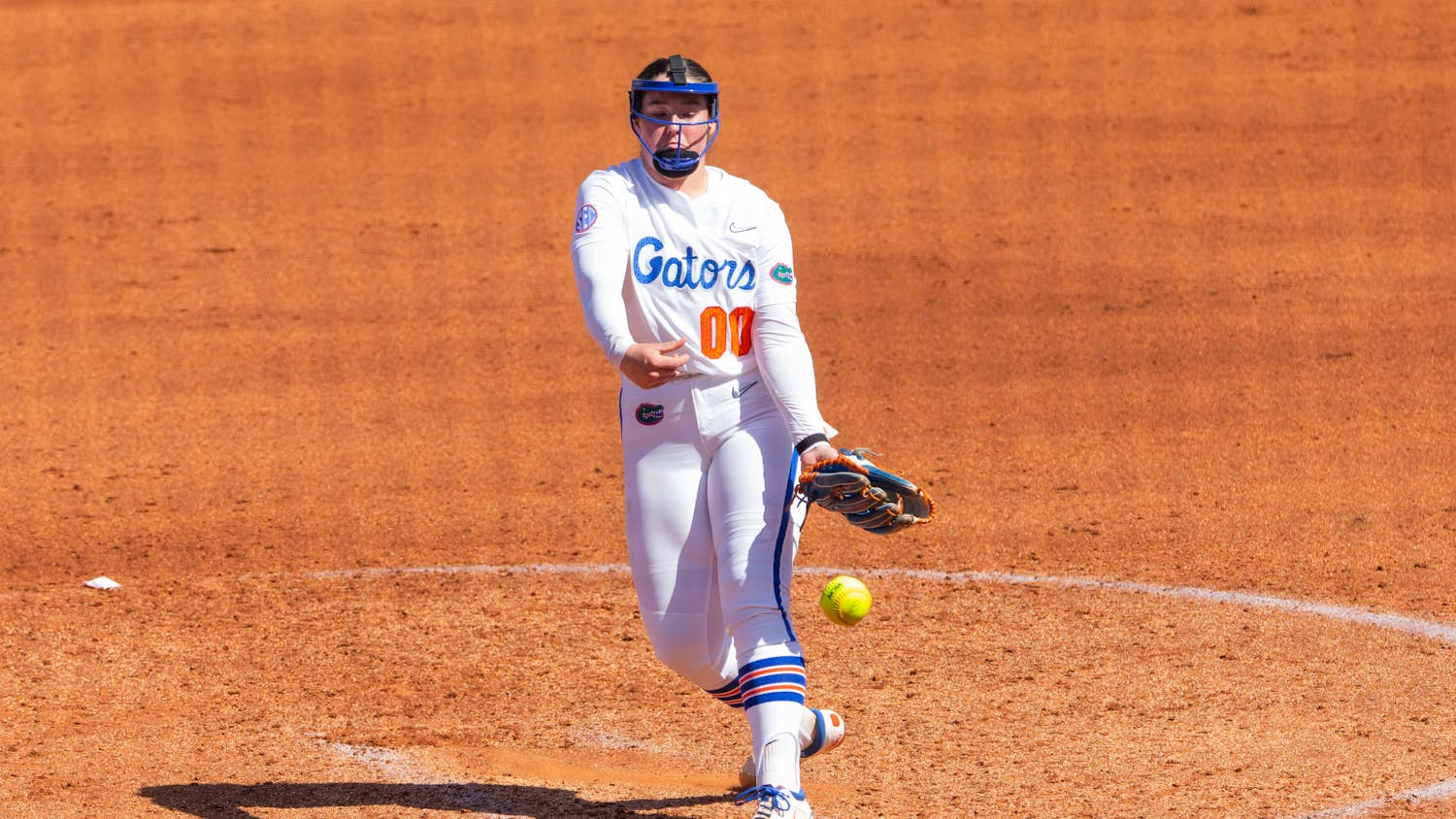RAGING REPTILES
Like the many people who choose to reside in Florida, invasive reptiles and amphibians also enjoy living in the warm climate.
A UF study — published online in the journal Herpetological Conservation Biology — showed that higher temperatures make areas more vulnerable to non native reptiles. Extreme cold prevented invasions, UF/IFAS scientists found.
After loss of habitats, invasive species are second in contributing to the worldwide decrease in biodiversity, wrote Frank Mazzotti, a wildlife ecology and conservation professor at UF’s Institute of Food and Agricultural Sciences Fort Lauderdale Research and Education Center, in a 2015 UF/IFAS Extension paper.
Florida has more introduced species of reptiles and amphibians in the wild than anywhere else in the world. This, plus its subtropical and tropical climates, caused Mazzotti to determine South Florida is a focal area for exotic species.
"We need to focus immediate management efforts on South Florida, or invasive wildlife could jeopardize Everglades restoration," Mazzotti said.
PRIVATE PRACTICE
A UF study found stroke victims fare better if they have private insurance rather than Medicaid or no insurance at all.
Researchers analyzed nationwide data from more than 1.5 million hospital admissions involving stroke patients between 2002 and 2011.
The study, published in the Journal of Neurosurgery, found a statistically higher rate of patient-safety issues for those without private insurance, as well as a higher death rate, longer stays and worse outcomes.
This is most likely because Medicaid and uninsured patients don’t have access to primary preventive care the way insured patients do, said Maryam Rahman, an assistant professor in the UF College of Medicine’s department of neurosurgery and the study’s principal investigator.
"In general, they’re going to be a sicker population with higher obesity rates and a greater rate of uncontrolled diabetes," Rahman said. "That’s going to influence how they do with any diagnosis."
LOW PRESSURE
Blood pressure data is being reevaluated.
New findings, which include UF Health research, found that blood pressure readings lower than 120 — the previous normal range — could cut the risk of heart attack, heart failure and stroke by a third, as well as the risk of death by a quarter in people 50 and older.
High blood pressure, or hypertension, is a leading risk factor for heart disease, stroke, kidney failure and other health problems. An estimated 1 in 3 people in the U.S. has high blood pressure, according to UF Health News.
"This study provides potentially lifesaving information that will be useful to health care providers as they consider the best treatment options for some of their patients, particularly those over the age of 50," said Gary Gibbons, director of the National Heart, Lung and Blood Institute.
The National Institutes of Health found the preliminary results significant, stopping the study’s blood pressure intervention earlier than anticipated to quickly distribute them.
IN THE GENES
UF Health researchers are using gene mutations in the search for cancer treatment options.
In a newly launched clinical trial, researchers will study a computer program to see if it can predict a person’s reaction to different therapies based on his or her genes.
UF Health physician and researcher Christopher Cogle will map thousands of genes within each patient’s cancer.
"The cancer genes are genes we believe will give us prognostic and treatment information, and the pharma-genes will tell us how well the patients will respond to the drugs we prescribe," said Cogle, a member of the UF Health Cancer Center and an associate professor in the UF College of Medicine.
If the computer method is found to be valid, the prediction technology could help doctors and patients choose drugs with the greatest likelihood of shrinking the cancer, as well as avoid harmful drugs with a low chance of success, according to UF Health News.





